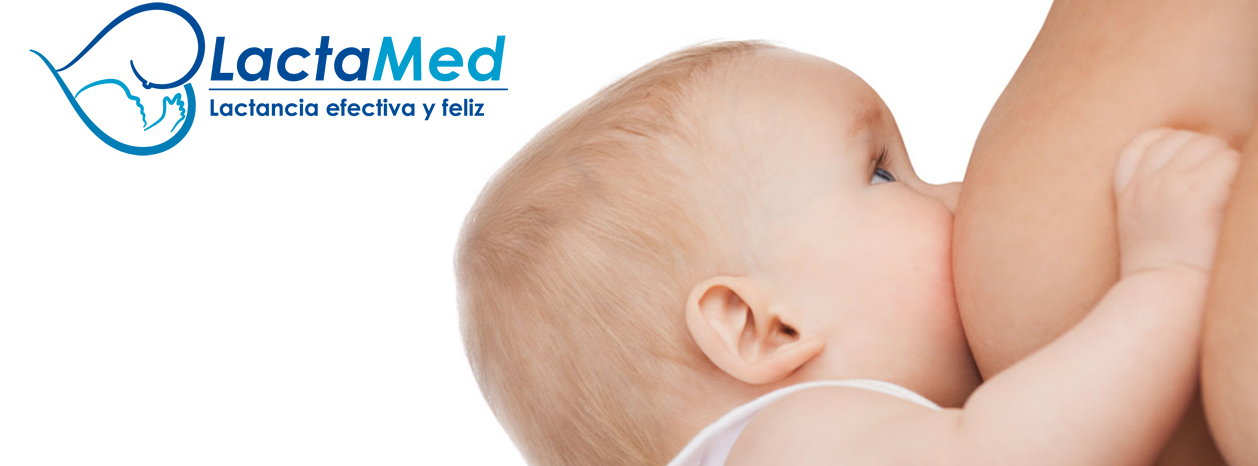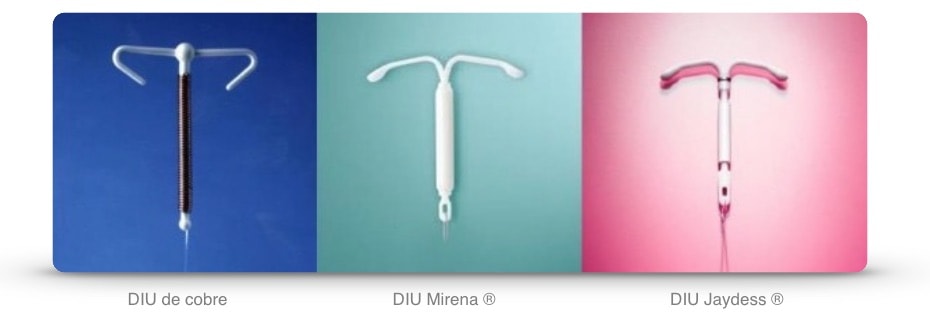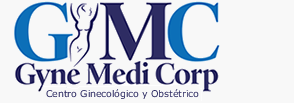Breastfeeding
BREASTFEEDING is the ideal way to provide newborns with the nutrients they need for healthy growth and development. Practically all women can breastfeed, as long as they have good information and the support of their family and the health care system.
We are supporters of breastfeeding for the series of advantages it has, as well as being a gift of love and health. Remember that women who are breastfeeding can get pregnant. It is not considered a contraceptive method, so it is necessary to consult with your doctor to use another method of contraception and using other methods of the latest technology that are being used worldwide and that we offer within our services.
BREASTFEEDING is a wonderful way to care for your baby. Breast milk is the perfect food for babies. It has all the right nutrients, in the right amounts.
The World Health Organization (WHO) says that feeding your baby only with breast milk for the first 6 months is the best way to keep him healthy. The WHO also suggests continuing breastfeeding along with other foods for the second six months or more.
We make available to mothers who have given birth by delivery or cesarean section, a modern lactation and the appropriate professional advice, for a better emotional communication between the mother and the newborn in order to get a HAPPY AND SUCCESSFUL AFFECTION OF THE BINOMIUM MOTHER AND SON and thus promote breastfeeding.

Postpartum Contraception
It is important that the couple feel comfortable with the choice of contraceptive method in the postpartum and lactation stage, because this will allow them to enjoy both the care and attention of their baby and their sexuality, without worrying about the possibility of a new pregnancy.
It is also advisable to have a prior medical consultation so that the professional can advise on what is the most appropriate method for each situation, at what time you can start to use it and to prevent breastfeeding and the welfare of the mother from being affected.
Postpartum contraception is different from regular contraception in a patient who is not newly born, should not use estrogen because they can be excreted by milk, only barrier methods such as condoms or condoms are indicated, diaphragm which is little known in our country, the daily intake of the minipildora without estrogen or also the use of intrauterine devices or subdermal implants. One could mention the use of the Mirena, Jaydess, Nexplanon or Copper T, which are methods that contain a progestogen that is released slowly and that prevents ovulation and menstrual bleeding from occurring with a success rate of almost 100%.



